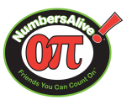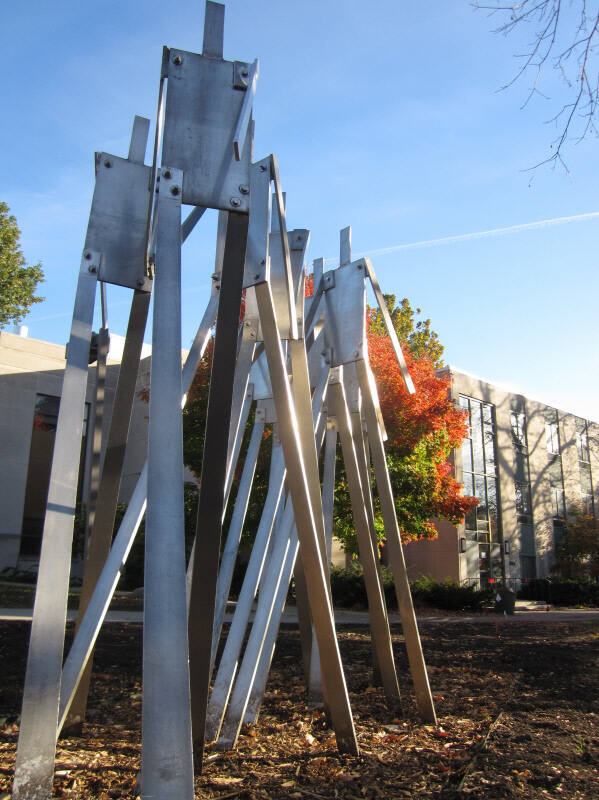
About the Art
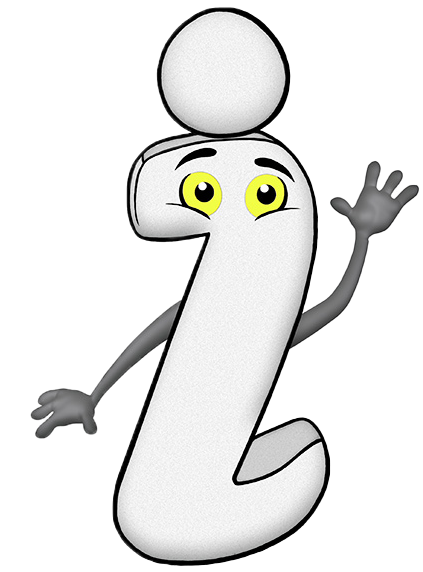
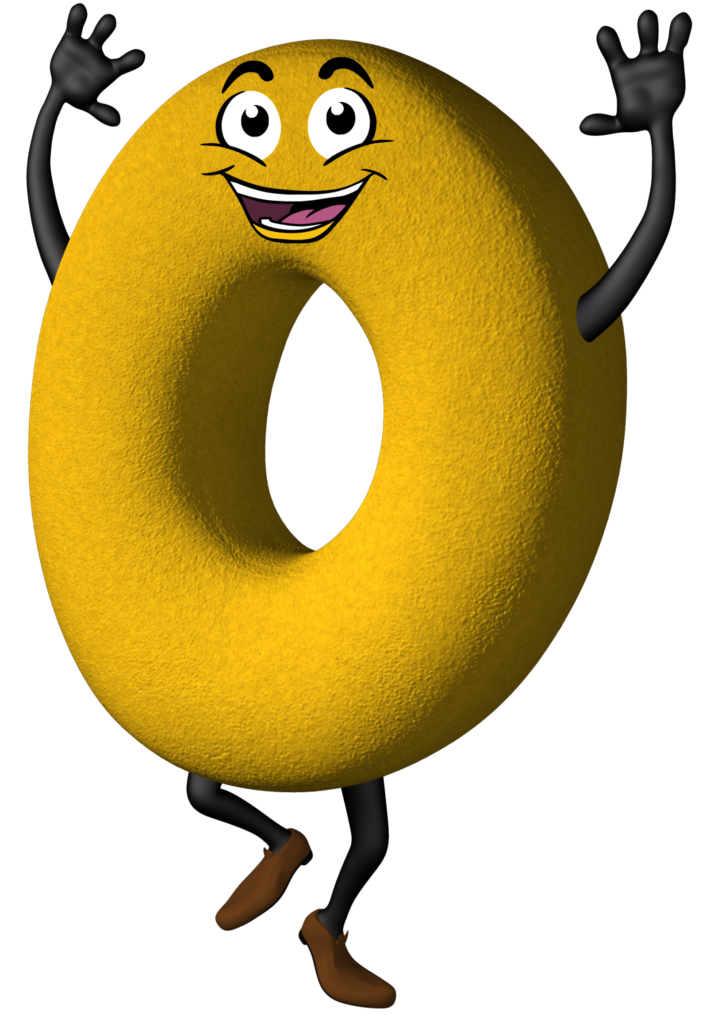
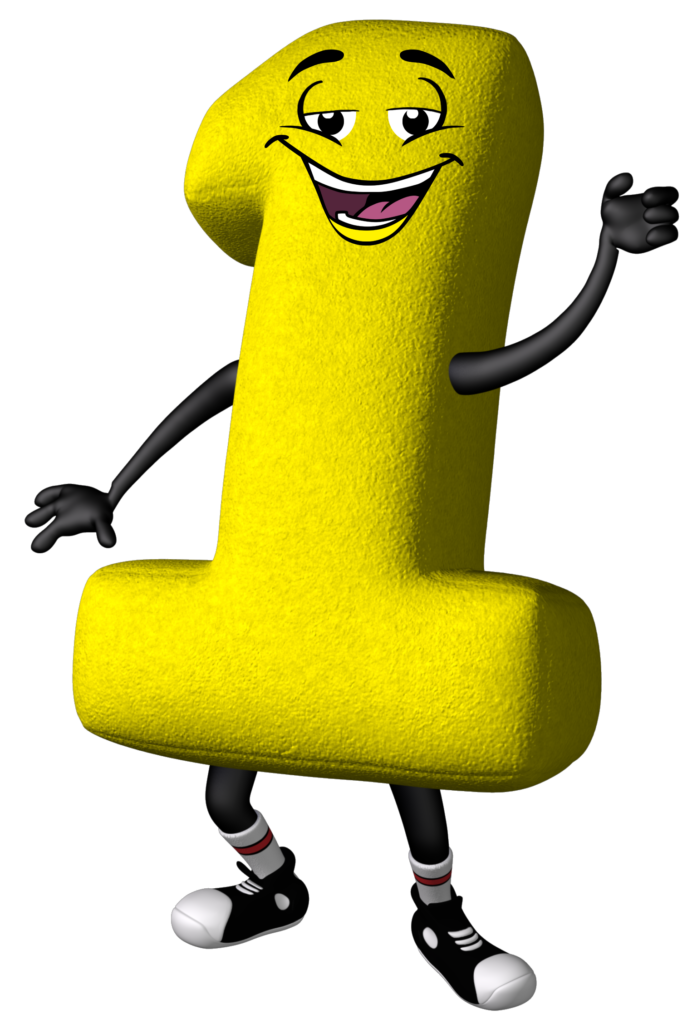
Forward is a sculpture of 12 almost-identical figures moving, as a group, in the same direction. Modeled after artist King’s own tall, lanky body, the figures are placed together in such a way that it is difficult to discern one from another. Since its installation at Iowa State University in 1984, Forward has come to represent the students at the University and citizens of Ames as they pass through campus. The stylistic similarities and tight groupings of the figures emphasize common human qualities specialized with distinctly individual details.
About the Artist
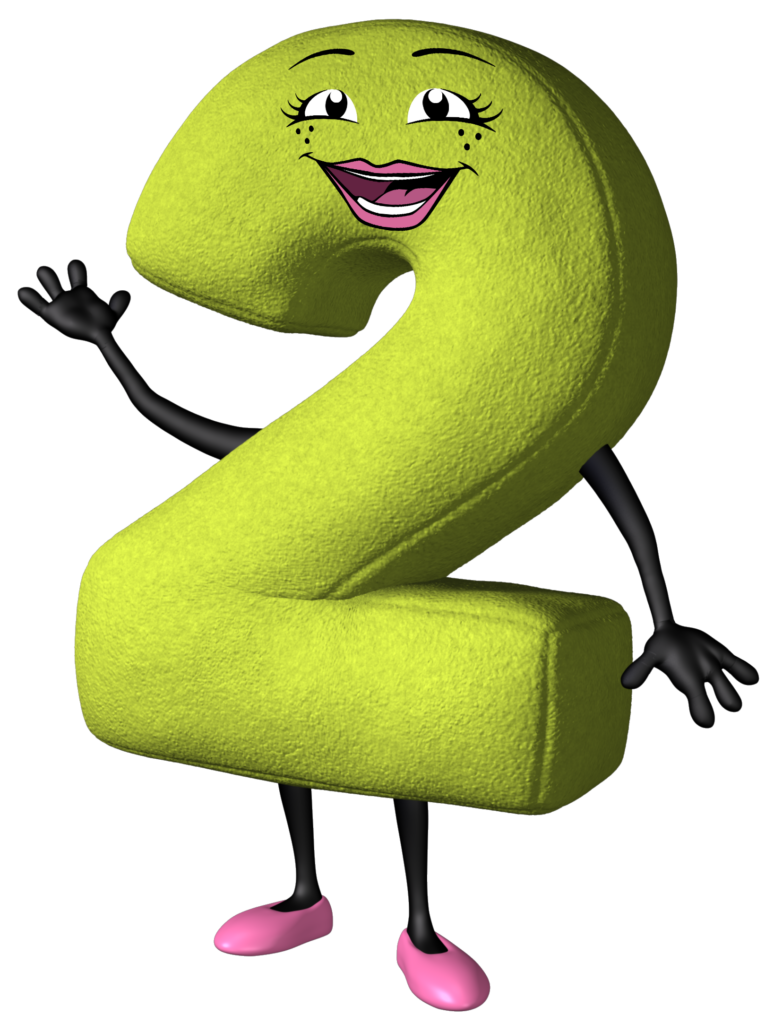
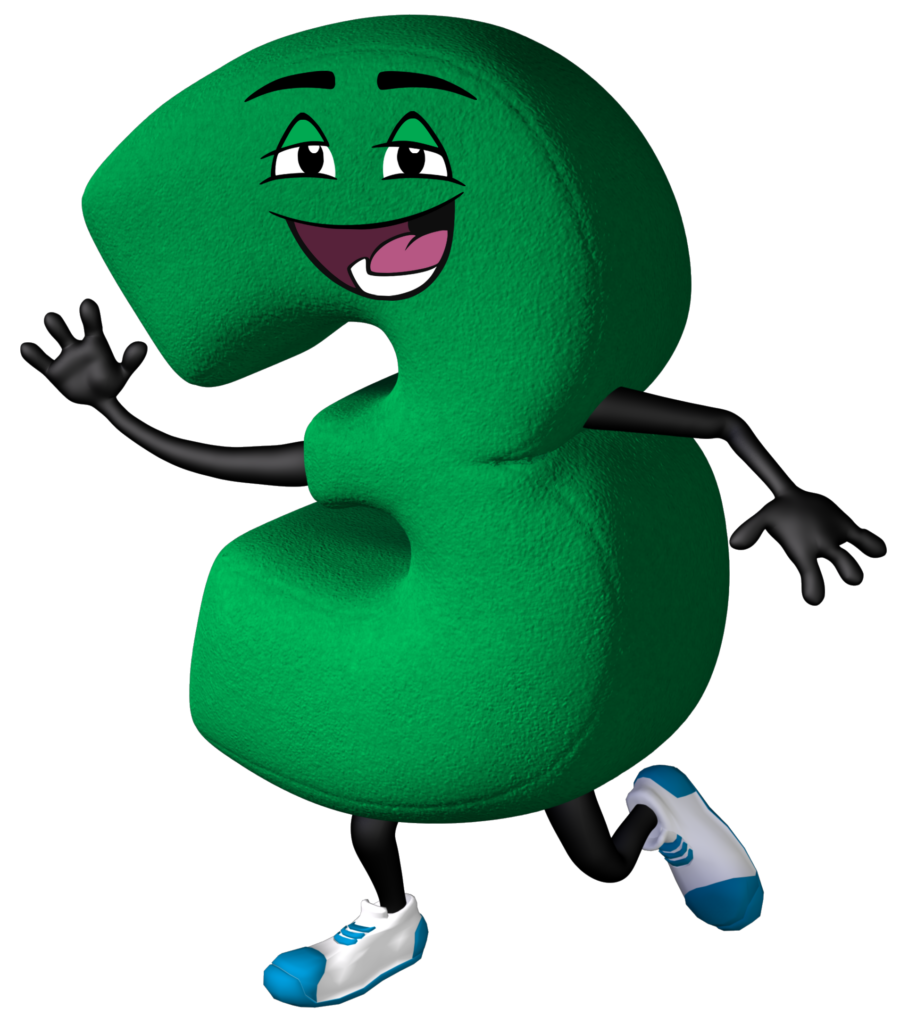
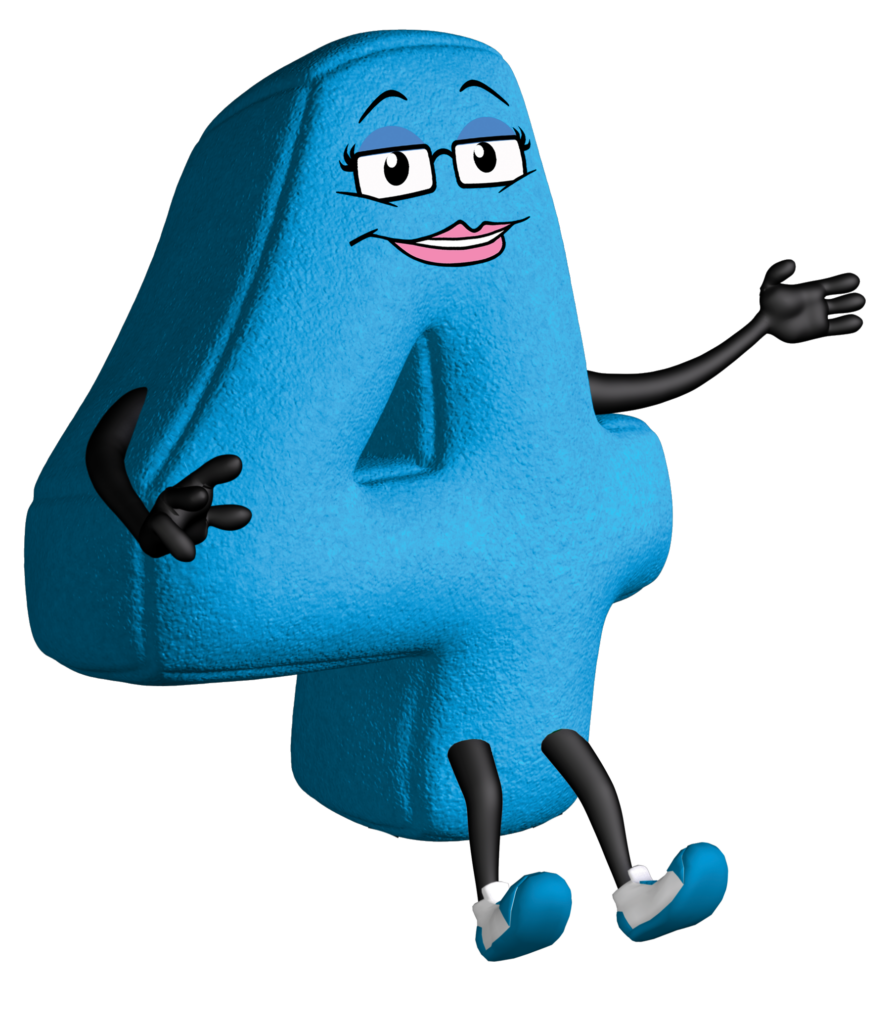
William King was born in Jacksonville, Florida, in 1925 and raised in Coconut Grove. During the 1940s he attended the University of Florida and worked for Pan American Airways repairing seaplanes. In 1945 he moved to New York City (NYC) and graduated from Cooper Union in 1948. The following year he won a Fulbright Scholarship to study in Rome at the Academia dei Belle Arti.
Since the 1960s, King has lived and exhibited in and around NYC creating sculptures in bronze, wood, ceramic, metal, and plastic. He has taught at the Brooklyn Museum Art School and the University of California, Berkeley. He is a member of the American Academy of Arts and Letters and was president of the National Academy of Design from 1994 to 1998.
King received the Lifetime Achievement in Contemporary Sculpture Award from the International Sculpture Center in 2007.
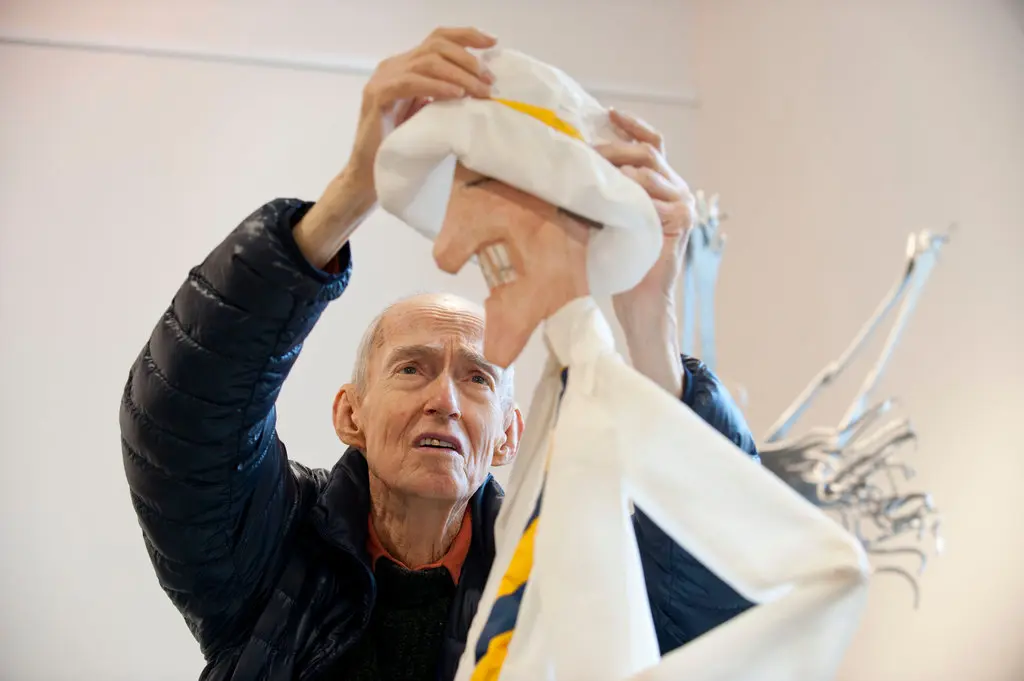
William King, 2012, with one of his sculptures at the Lyceum Gallery in Riverhead, New York
King has exhibited at major NYC art museums: Metropolitan Museum of Art; Museum of Modern Art; Whitney Museum of American Art; and Guggenheim Museum of Art; as well as Washington, DC art museums: Smithsonian Museum of American Art; and Hirshhorn Museum and Sculpture Garden.
Below are some of King’s sculptures.
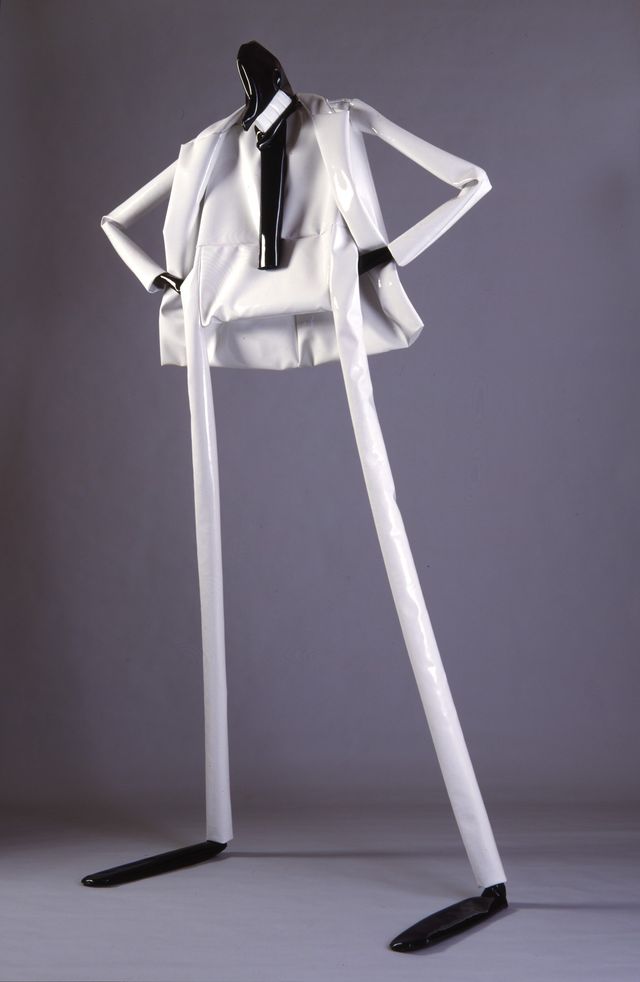
Any Questions?, 1985, SAAM, Washington, DC
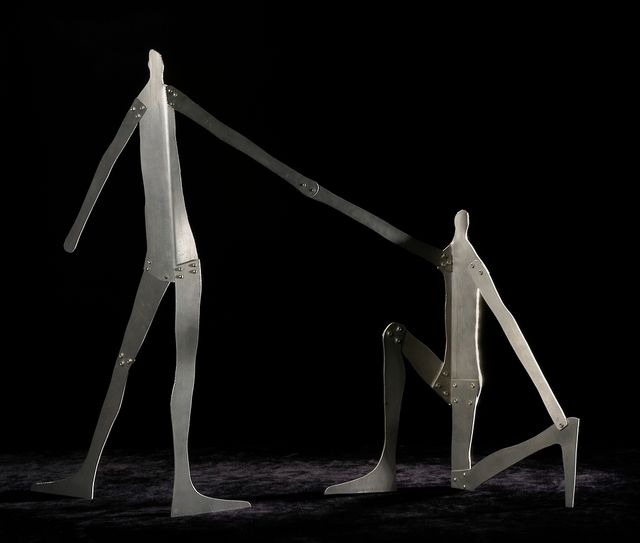
Model for Caritas, 1978, SAAM, Washington, DC
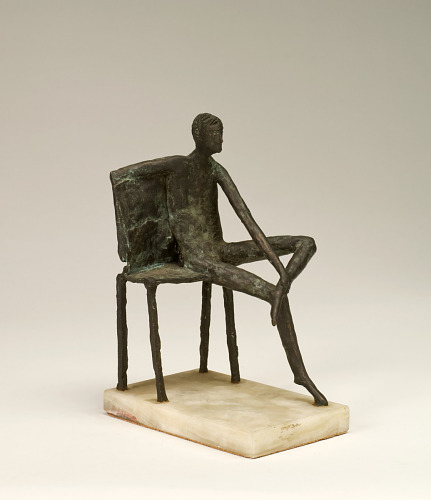
Man Resting, 1960, Hirshhorn Museum and Sculpture Garden, Washington, DC
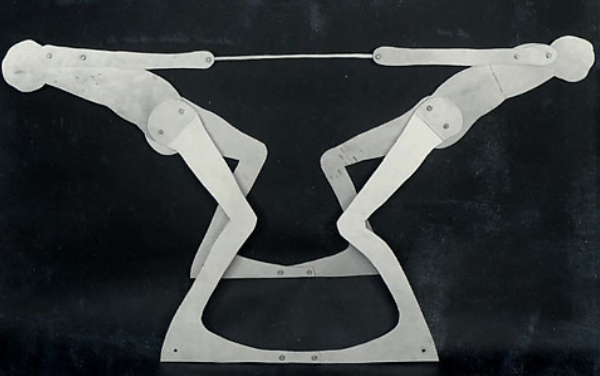
Progress, 1978, The Metropolitan Museum of Art, New York
Relevant Terminology/History
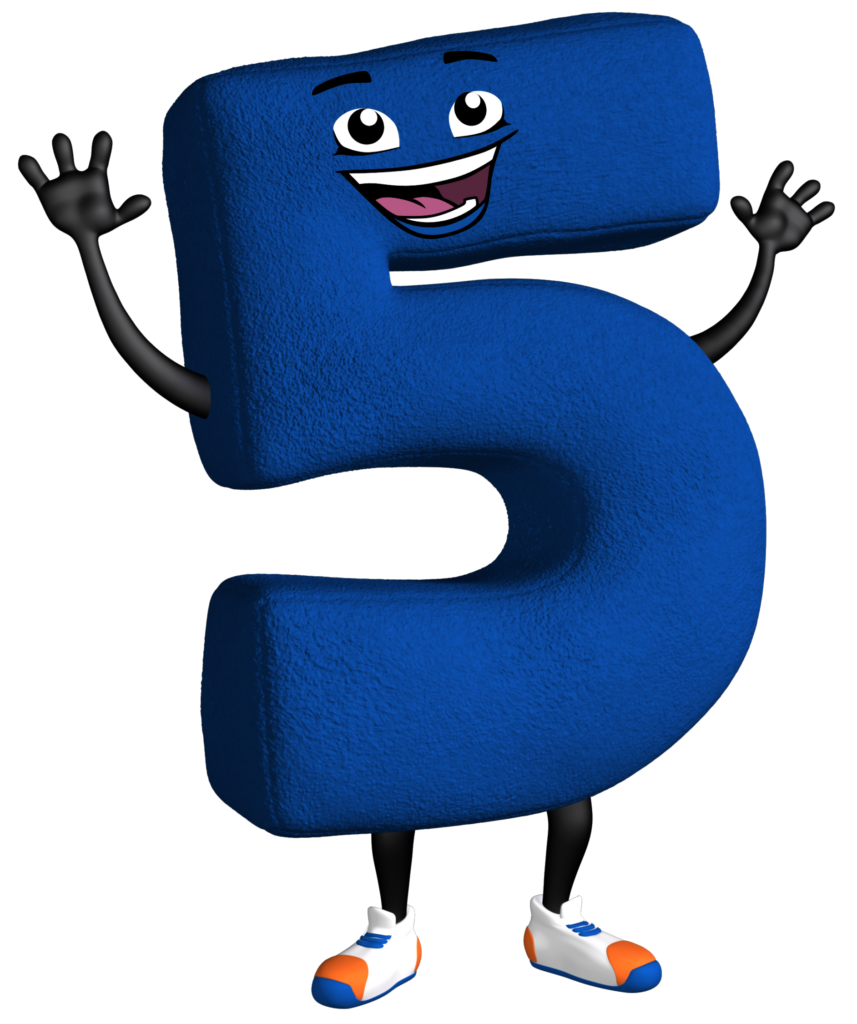
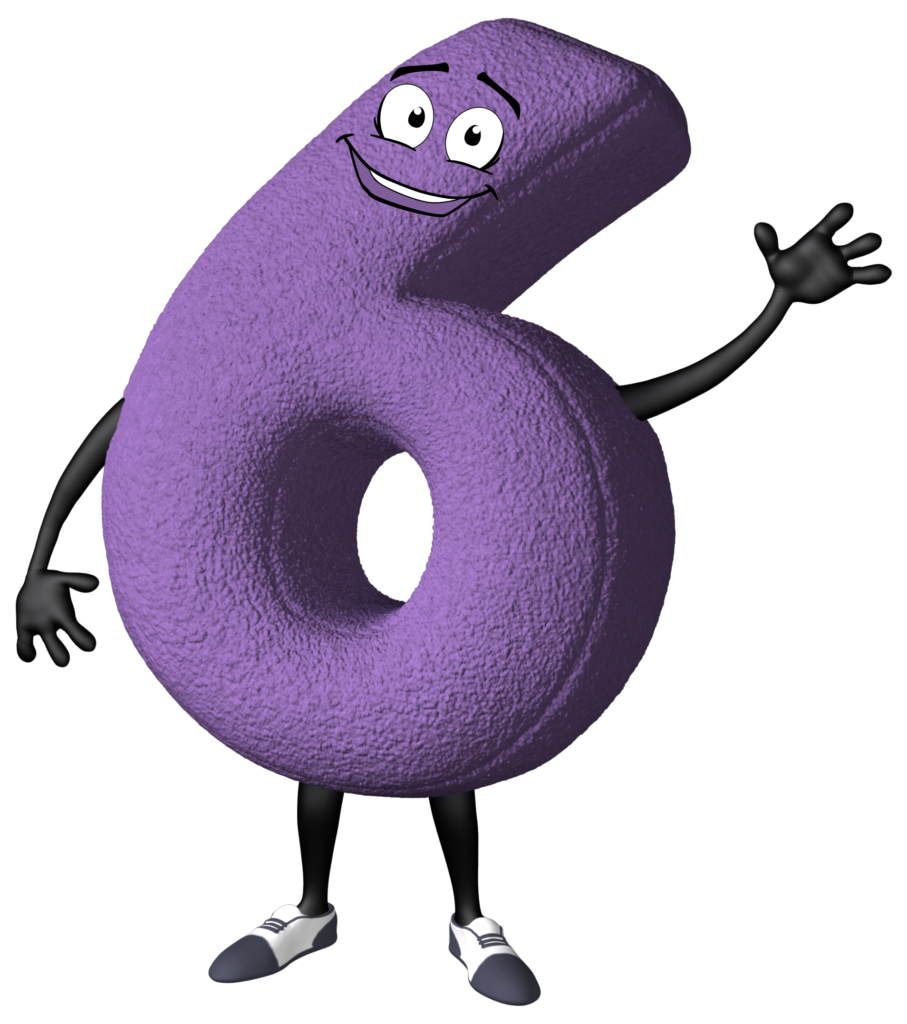
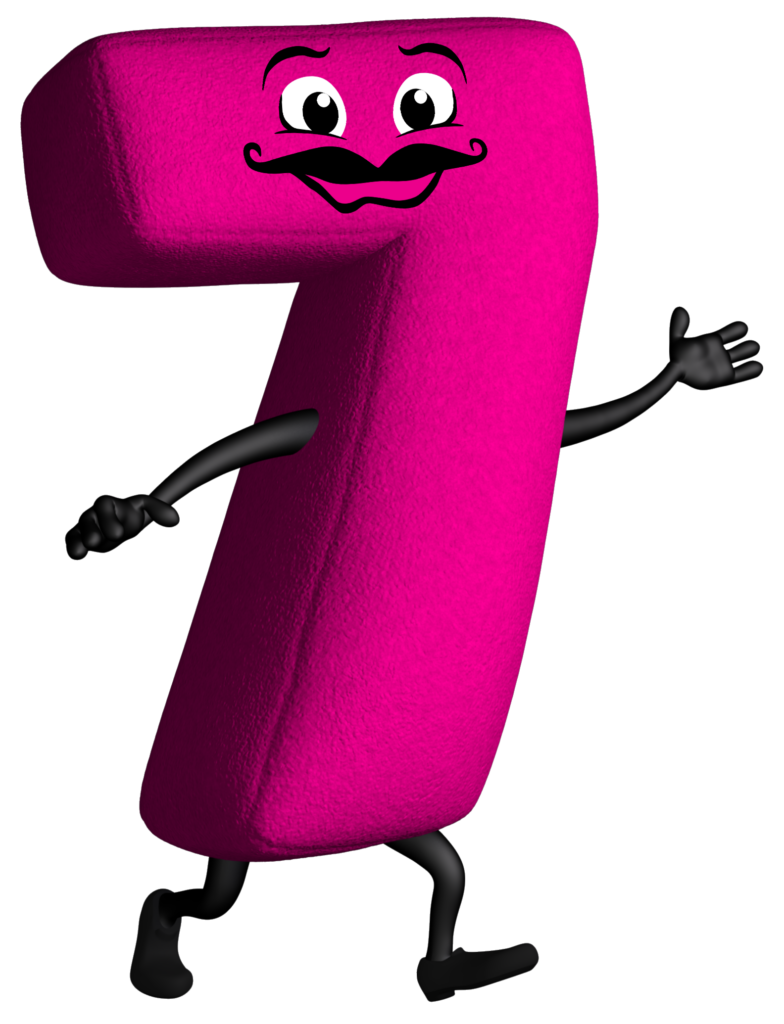
American sculpture of the 20th century: By the 1950s, traditional sculpture education was almost completely replaced by Bauhaus-influenced abstract design. Minimalist sculpture replaced figures in public settings and architects almost completely stopped using sculpture in or on their designs. Figurative public sculpture resurged beginning in the 1980s. By 2000, many of the new public pieces in the United States were figurative in design. Twenty-first century sculptors (“modern sculptors”) use both classical and abstract-inspired designs.
In astronomy, the new moon is the first lunar phase, when the Moon and Sun have the same ecliptic longitude. The lunar disk is not visible to the naked eye, except when it is silhouetted against the Sun during a solar eclipse. Below is an illustration of the Moon’s phases.
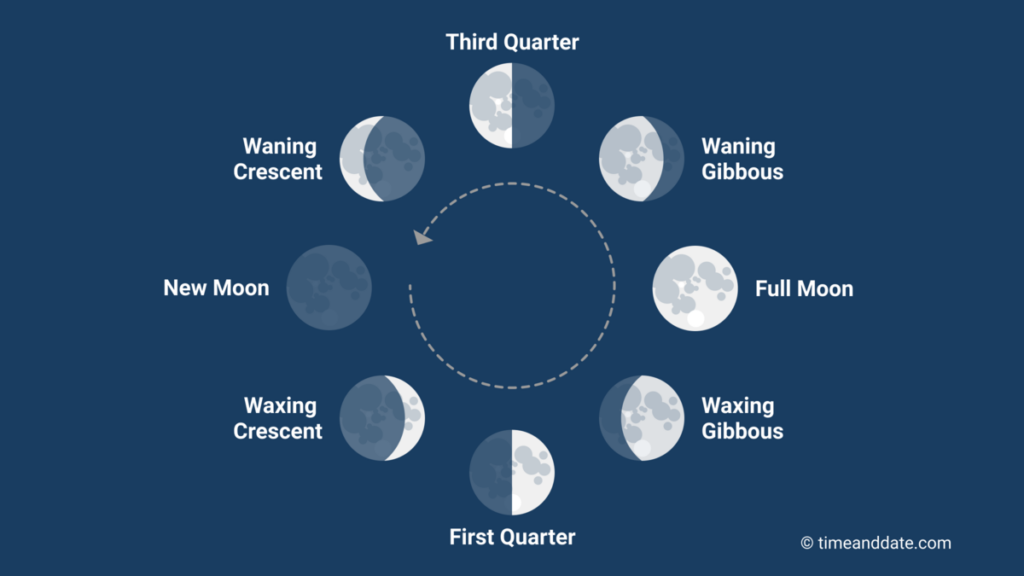
Image courtesy of TimeandDate.com
*Fun Fact: In 2023, there are 12 new moons. For a list of dates and times, see below.
| New Moon | Date & Time (Eastern) | Date & Time (UTC) | New Moon Name |
|---|---|---|---|
| January New Moon | January 21, 2023 3:53 PM ET | January 21, 2023 8:53 PM UTC | New Snow Moon |
| February New Moon | February 20, 2023 2:06 AM ET | February 20, 2023 7:06 AM UTC | New Worm Moon |
| March New Moon | March 21, 2023 1:23 PM ET | March 21, 2023 5:23 PM UTC | New Pink Moon |
| April New Moon | April 20, 2023 12:12 AM ET | April 20, 2023 4:12 AM UTC | New Flower Moon |
| May New Moon | May 19, 2023 11:53 AM ET | May 19, 2023 3:53 PM UTC | New Strawberry Moon |
| June New Moon | June 18, 2023 12:37 AM ET | June 18, 2023 4:37 AM UTC | New Buck Moon |
| July New Moon | July 17, 2023 2:32 PM ET | July 17, 2023 6:32 PM UTC | New Sturgeon Moon |
| August New Moon | August 16, 2023 5:38 AM ET | August 16, 2023 9:38 AM UTC | New Blue Moon |
| September New Moon | September 14, 2023 9:40 PM ET or | September 15, 2023 1:40 AM UTC | New Harvest Moon |
| October New Moon | October 14, 2023 1:55 PM ET | October 14, 2023 5:55 PM UTC | New Hunter’s Moon |
| November New Moon | November 13, 2023 4:27 AM ET | November 13, 2023 9:27 AM UTC | New Beaver Moon |
| December New Moon | December 12, 2023 6:32 PM ET | December 12, 2023 11:32 PM UTC | New Cold Moon |
Learning Guide
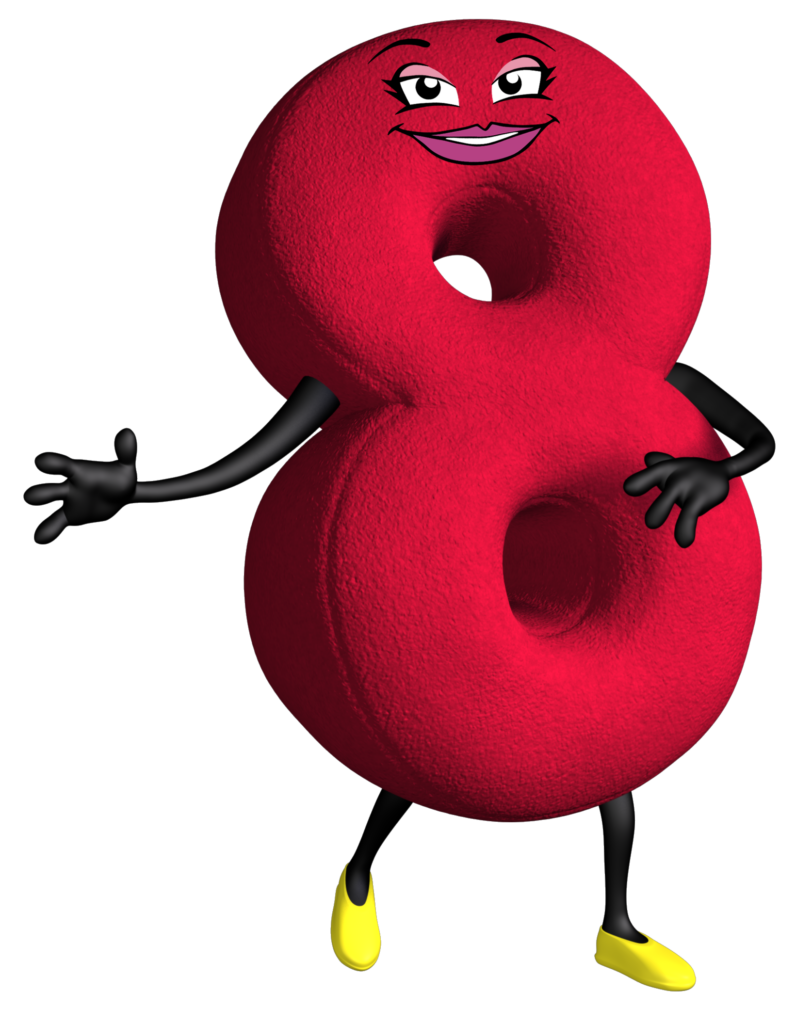
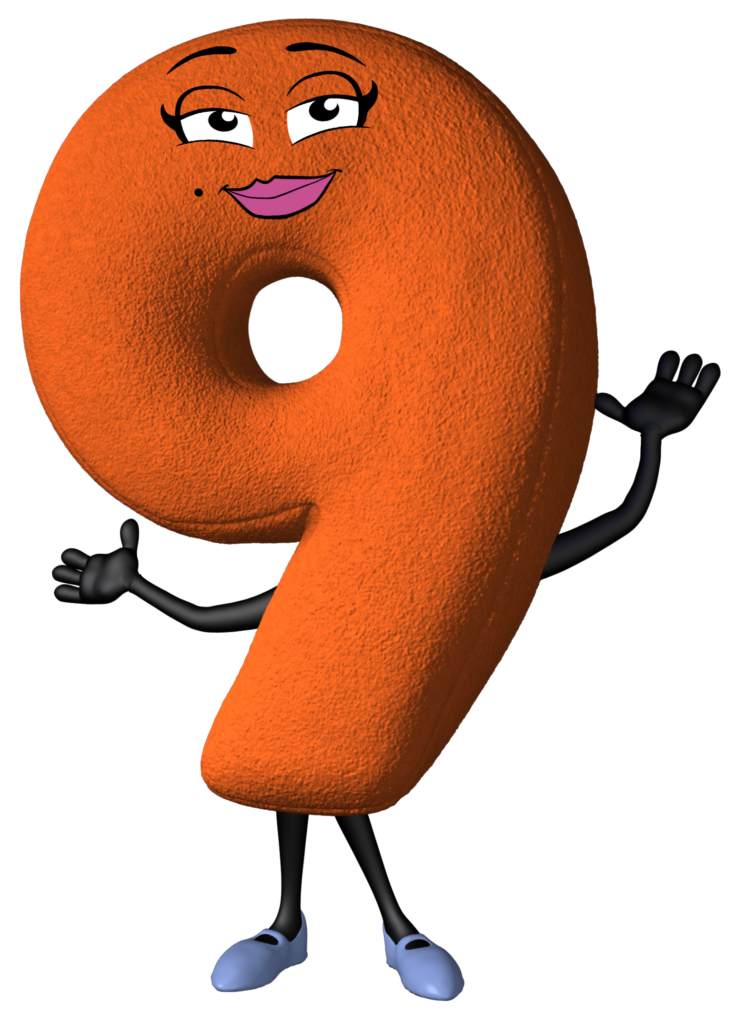
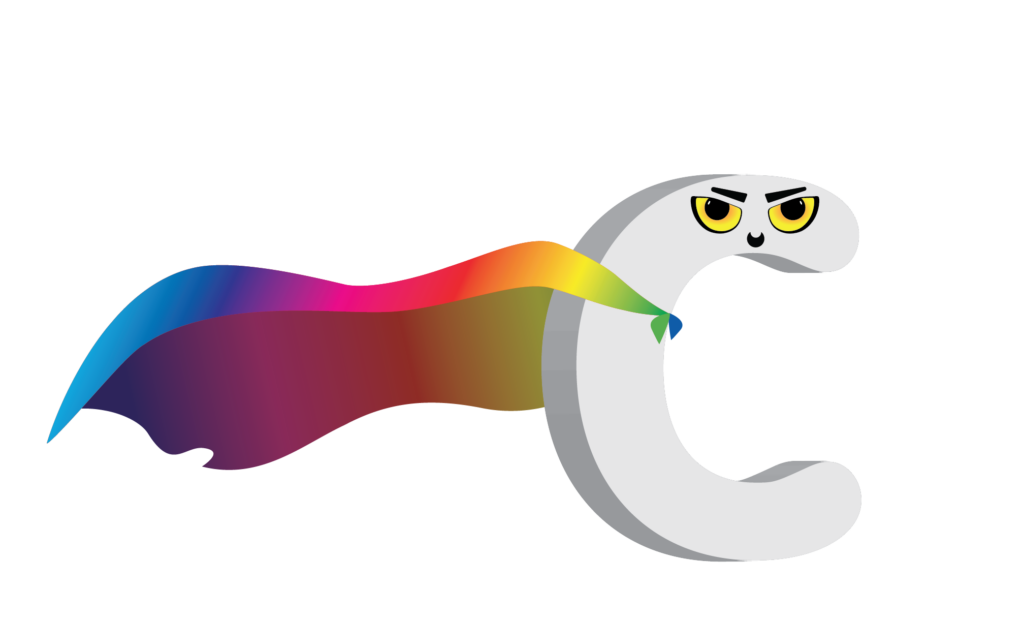
- What do you think the title has to do with the art?
- Why do you think Number Character 0 is leading the Team Ten team as part of the book spread about Forward?
- Why do you think STEM Squad members i (imaginary unit) and c (speed of light) also flew in to join Team Ten marching toward Forward?
- What is the difference between translucent and transparent?
- Why do you think Dr. Klemm designed i as transparent without a mouth? Why do you think Dr. Klemm designed c as white with a rainbow-colored cape?
- How does the red image with white numbers relate to the art?
- How does the hidden blue image relate to the art and Team Ten?
- Which photo of Forward do you prefer – fall or winter? How can you determine the seasons of the photographs?
- What food is often packaged in a group of 12? What do we call such a group?
- What is the word for 12 inches? What is a word for the 12 hours from midnight to noon? What is a word for the 12 hours from noon to midnight?
- How does 12 relate to the calendar? How many new moons occur in one year? There are 24 hours in a day. How many multiples of 12 is that?
- Review the order that the STEM Squad and Team Ten members are on this page (top to bottom). How does the order relate to the art? How does having 12 questions relate to the art?
